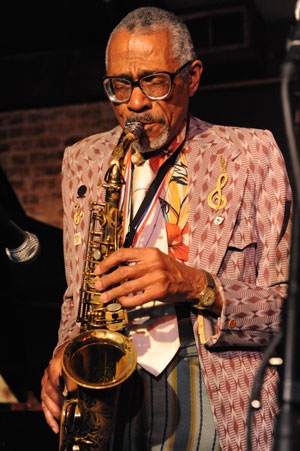A book I've placed on my reading list is:
Thomas Jefferson's Quran by Denise A. Spellberg

Through our Poet Laureate program and Third Thursday Poetry Readings, the spoken word has a home in Takoma Park. Established in 2005, our Poet Laureate program has celebrated Donald Berger (2005-2007), Anne Becker (2007-2011) and our current Poet Laureate Merrill Leffler.
The popular "Third Thursday" poetry series, hosted by Martin FitzPatrick, features the work of a wide range of poets from across the region. Words begin at 7:30 pm on the third Thursday of the month in the Takoma Park Community Center Auditorium.
2013 - 2014 Third Thursday Poetry Reading Schedule
September 19 - Le Hinton, Patricia Gray, William Rivera, Philip Wexler
October 17 - Dan Gutstein, Mary Beth Hatem, Judith McCombs, Rosanne Singer
November 21 - Greg McBride, Bonnie Naradzay, Garrett Phelan, Caroline Wilkins
December 19 - Sara Burnett, Chris Farago, Ashira Malka, Kati Nolfi, Linda Rabben
January 16 - David Ebenbach, Donald Illich, Riggin Waugh, Mary-Sherman Willis
February 20 - JoAnne Growney, Anne Higgins, Kathleen O'Toole
March 20 - Ellen Cole, Katie Herman, Susan Okie, Anne Sheldon
April 17 - To be Announced (Will feature Takoma Park Poet Laureat Merrill Leffler)
May 15 - Open Reading featuring Bonnie Auslander, Don Berger, Samantha Magrath
June 19 - Celeste Doaks, Buck Downs, Tafisha Edwards, Greta Ehrig,Max Ochs, Luc Phinney
7500 Maple Avenue Takoma Park, MD
|


.jpg)
.JPG)
.JPG)
.JPG)
.JPG)
.jpg)
.JPG)
.JPG)
.jpg)
.jpg)


.JPG)


.jpg)
.jpg)
.JPG)
